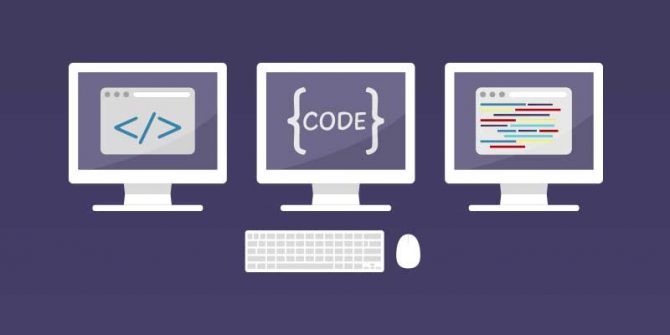Cross Platform Apps
Yes, or No? This is very good question.
While much has been written about selecting the right mobile platform for your product, a definitive solution has yet to be given.
It’s a complex decision to make, after all.
Every platform has its pros and cons- depending on your needs and your company’s goals, the advantages of a specific platform can outweigh its disadvantages to provide an effective solution for your needs.
Below, are its benefits and disadvantages? What do you mean by cross-platform mobile development?
What do you mean by cross-platform mobile development?
Mobile cross-platform development refers to the production of applications that can be used on different mobile platforms, such as Android and iOS.
For multiple operating systems, a single app source code is compiled into native code using cross-platform applications. This varies from the production of native apps, where an application is created for a particular platform.

Benefits of cross platform mobile app development.
- Less time taken and lower development costs : This approach creates a single code base, thus minimizing the difficulty of having to handle multiple codebases, toolkits for developers, languages and methodologies needed to build native apps.
You’ll either also need less manpower, or be able to publish an app with the same number of developers within a short time period. - Exposure to a wider base of users : Being accessible across multiple mobile channels means that by not serving all platforms equally, you do not end up alienating a large user base.
- Check on the benefits that each cross-platform tool offers
• Xamarin: To build an app that offers a familiar interface and “feels right” to users, developers may use native UI toolkits.
• Perfect match for large enterprises.
React Native:
Strong fit for large businesses:
It serves as a good fit for large organizations that use Microsoft software or already have a team of C# or .NET developers in place, as Xamarin uses C# supplemented with the .NET framework.
Native React:
JavaScript, one of the most prominent programming languages, is used by React Native. This makes it easier to attract developers with the skill set you need when it comes to.
Would you like to consider upgrading to an existing app? Without the need for rewriting, you can add React Native UI components to the code. The code can also be reused easily with a plugin if your software is designed using frameworks like Cordova or Ionic.
Cons of cross platform mobile app development
- Issues with user interface: Since each platform has its own unique user interface features, it can be a challenge for each platform to meet specific specifications, particularly if the user interface code is shared across platforms. Apple is considered to have strict rules, so when sending their applications to the App Store, developers risk getting their apps rejected. While some tools allow developers to directly write user interface code for and platform, the time needed for the process will reduce the time-saving advantages provided by cross-platform tools.
- Lags behind in terms of new features being introduced: As third party tools are not able to provide instant support, a cross-platform tool can prevent you from implementing the latest iOS or Android updates. Until new plugins or alterations can be introduced, a time lag can occur.
- Dealing with the drawbacks that each cross-platform method brings : Xamarin:
Xamarin apps are generally larger than native apps, depending on their features and level of complexity.

React Native’s young ecosystem ensures that the tool is continually evolving, with updates to the library published just about every month. While this suggests that users are getting new resources, to ensure that these tools work with previously generated APIs, they will still need to focus its efforts in studying the documentation.
Do you really want your organization to have a cross-platform app?
App development agencies need to ask themselves five questions before they go for a cross-platform app for their company:
- How much time will there be left for you?
Chalking your timeline out before coding will allow you to get a clearer understanding of which methodology will best serve your needs.
- How much are you going to spend on it?
Although cross-platform development is cheaper as it needs only a single codebase to be handled, over time it may incur some extra costs. - What is the nature and intended intent of the application?
- Does it suit the digital strategy as a whole?
A responsive website can require additional complex resources while helping to save costs by implementing a cross-platform app development strategy. - Apps can be configured according to the requirements, fully loaded with features such as native ones or with minimal features that can be easy.1.Who would you like to target?
If you target users on different platforms, it seems to be a good idea to build cross-platform mobile applications. - 2.Does it suit the digital strategy as a whole?
A responsive website can require additional complex resources while helping to save costs by implementing a cross-platform app development strategy.









